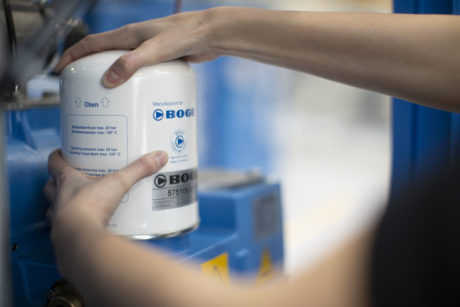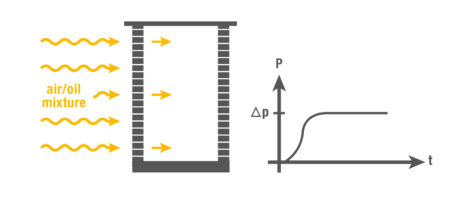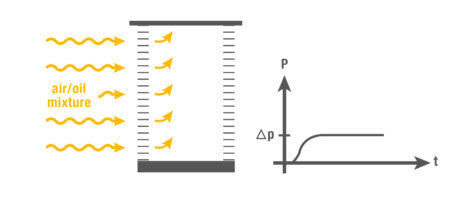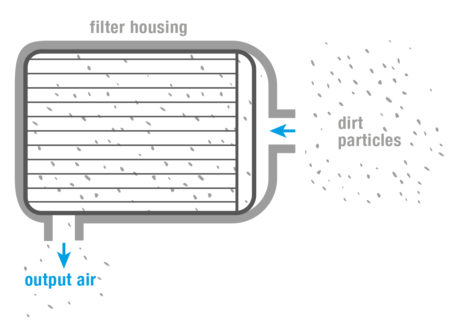 At first glance, it seems obvious: using generic spare or maintenance compressor parts can help reduce costs. However, what might originally seem like a more economical alternative very quickly proves itself to be false economy. Only by using original parts tried and tested by the manufacturer can you guarantee optimum function of a compressed air system, says German compressed air company Boge: maintenance periods set by the manufacturer can be reached, and service life and reliability are increased. Energy consumption remains at a constantly low level – and we shouldn’t forget that the energy costs over the entire life cycle of a compressor make up around three quarters of its overall costs.
At first glance, it seems obvious: using generic spare or maintenance compressor parts can help reduce costs. However, what might originally seem like a more economical alternative very quickly proves itself to be false economy. Only by using original parts tried and tested by the manufacturer can you guarantee optimum function of a compressed air system, says German compressed air company Boge: maintenance periods set by the manufacturer can be reached, and service life and reliability are increased. Energy consumption remains at a constantly low level – and we shouldn’t forget that the energy costs over the entire life cycle of a compressor make up around three quarters of its overall costs.

Purchase costs, maintenance and spare parts for a compressed air system are minimal in comparison to its energy costs, which is why compressed air expert BOGE considers energy efficiency its main priority. This energy efficiency can only be achieved if all the components in a system are optimally designed to run together and spare parts are changed were necessary and the entire system undergoes regular maintenance. If spare parts and wearing parts do not fulfil manufacturer’s specifications to perfection, the system will use more electricity, deliver less free air and may even become damaged. This risk must be taken into account when selecting oil separators, air and oil filters and compressor oils.
Better with originals: filters, oil separators and oils

The oils in oil-lubricated compressors carry out important tasks: they cool components inside the compressor, seal the gap between the rotors or the pistons and the cylinder, transport away deposits and lubricate parts in order to reduce wear. It is essential you observe the manufacturer’s spare part replacement cycle (which can vary greatly according to the oil type and environmental conditions), otherwise the system may experience oil mud build-up, acid formation and – as a result – corrosion and blocked filters and vents. The quality of the filter material and regular part exchange are also essential for the system to function well. The oil filter removes dirt and particles caused by wear from the oil. If it becomes clogged due to excess dirt, the bypass vent opens in order to continue to supply the airend with oil. However, this results in the damaging particles entering the oil circuit.
The selection of the filter material is also decisive for the operation of the oil separator: if the filter material is too dense, too high a separation rate can result in pressure losses. An additional differential pressure of just 1 bar results in a 6% increase in energy costs. If, on the other hand, the filter material is too thin, there is insufficient separation and leakage of oil into the compressed air network is too high.

The air filter in a compressed air system keeps particles, dust and pollen found in the atmosphere away from the compressor where they could cause damage to rotors and bearings. Original parts with high-quality filter materials are able to absorb high levels of pollution while still providing a constantly low differential pressure. A drop in differential pressure of just 0.1 bar at the intake filter can reduce the free air delivery of the compressor by up to 8%.
For everything you need to know about original parts, Boge has put together a new White Paper which can be downloaded from https://www.boge.com/en/whitepaper.



